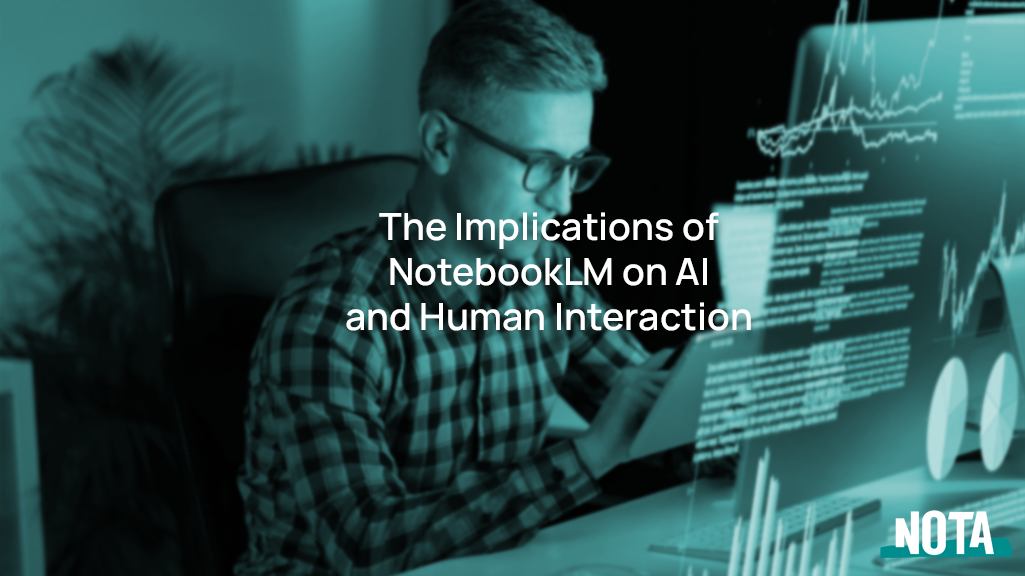During Apple’s Worldwide Developers Conference (WWDC) earlier this month, the tech giant unveiled its plans for AI, including news that it will incorporate ChatGPT into Siri, its voice-enabled digital assistant technology. As Apple seeks to reclaim its leadership in the AI space, updates made during the conference raised questions about the potential impact on established industry players.
With the Siri enhancements, Apple strives to compete with Google Assistant and Amazon Alexa. Using a mix of third-party innovations and technologies from the likes of OpenAI, Apple is signaling a hybrid approach that leverages existing solutions while introducing exclusive features for its ecosystem.
The strategy to blend in-house advancements with third-party technologies is not without forethought – the company’s spending on AI research increased 40 percent over the past two years. The hybrid approach is likely a safe bet for Apple and could be a masterstroke in consumer engagement that will allow Apple to boost Siri’s capabilities without reinventing the wheel.
Its strong emphasis on privacy differentiates Apple from competitors who often prioritize data collection. Positioning around “personal intelligence,” Apple’s AI will operate at the iOS device level, giving users control over when AI is activated and what data is stored. Apple’s privacy stance could address consumers’ concern about data security, positioning Siri as not just a smart assistant but also a trusted one. Further, it will give consumers a reason to purchase a new device, as the tech will only be offered on the iPhone 15 Pro, iPhone 15 Pro Max and iPhone 16.
That said, the authenticity of Apple’s planned improvements to Siri has come under some scrutiny for being assembled using third-party technologies. The potential reliance on outside solutions could challenge Apple’s narrative of pioneering AI innovation. Simultaneously, its decision to integrate external technologies while emphasizing privacy could inspire a new wave of innovation that prioritizes consumer trust and data security.
Similarly, Nota’s commitment to optimizing and distributing journalism in the AI era ensures our tools not only advance journalistic capabilities, but also uphold the highest standards of trust and accuracy. Nota follows all of the latest best practices for the use of assistive AI (C2PA integration, exposure of AI use language, clear tagging of assets, compliance with the EU AI Act) and we are inventing new ways to highlight the use of these technologies.
Consumer priorities also align well with Apple’s emphasis on privacy – 70 percent of consumers in a recent survey prioritized privacy and data security in AI tools (Source). This alignment could bolster consumer trust and adoption of Siri’s new features. Moreover, the global AI market is expected to reach $190.6 billion by 2025, highlighting the intense competition Apple faces as it seeks to secure a leading position (Source).
Apple’s AI news showcases a strategic blend of in-house and outsourced technologies, potentially reshaping the AI landscape. Whether the approach challenges established AI players or serves as a marketing maneuver, Apple’s focus on privacy and user-centric design offers a distinguished path in the data-driven AI environment. Despite what you think of the strategy, since the announcement, Apple’s stock (Nasdaq:AAPL) has soared to all-time highs – validating the company’s push in this new direction.
For more information on how our tools are meticulously crafted to remove the barriers between our users and their audiences, feel free to get in touch and request a demo.




